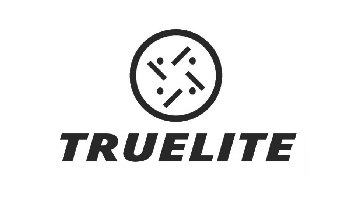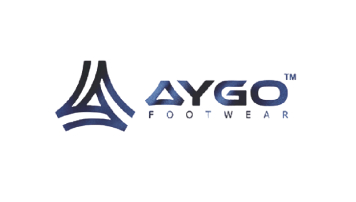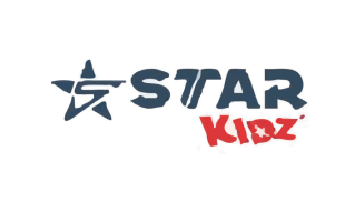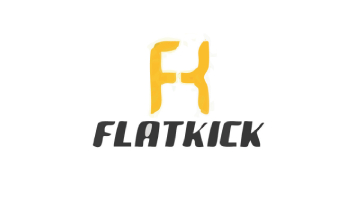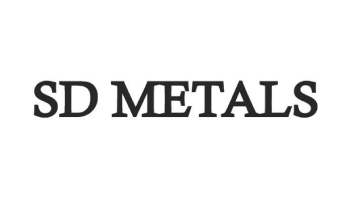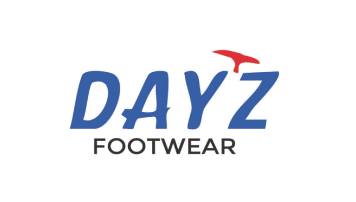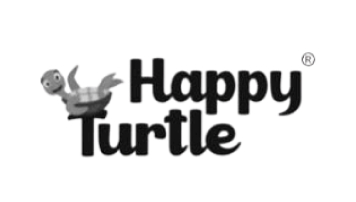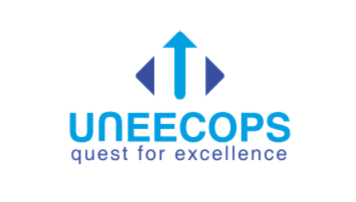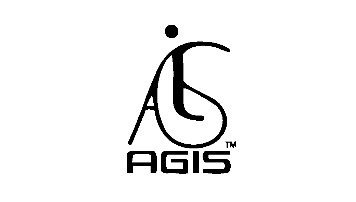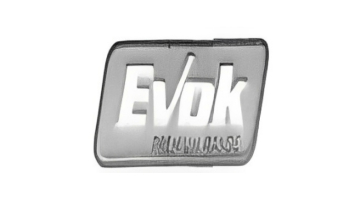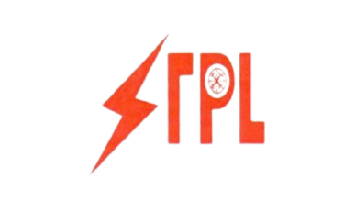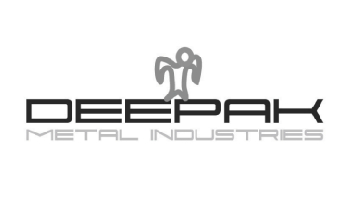Extended Producer Responsibility (EPR) for non-ferrous metals ensures that manufacturers, importers, and other stakeholders manage end-of-life products in an environmentally responsible manner. Under this framework, producers must obtain an EPR Authorization from the Central Pollution Control Board (CPCB) by submitting the prescribed application form.
To make the process efficient, the Non-Ferrous Metals Registration System provides an online portal for registration, submission, and approval of EPR authorizations. The system integrates all participants — producers, Producer Responsibility Organizations (PROs), dismantlers, recyclers, refurbishers, transporters, and collection centers — ensuring traceability and accountability in waste management. Figures are indicative — actual payments depend on product standard and country. (USD values shown as approximate.) Initial Validity: 5 years from the date of issue. Renewal: Producers must apply for renewal at least 6 months before expiry with updated compliance reports. Revocation: Non-compliance may lead to suspension or cancellation by CPCB. Extended Producer Responsibility (EPR) for Non-Ferrous Metals
Get connect with us
Who Needs to Register under EPR for Non-Ferrous Metals?
Stakeholder
Description
Producers/Importers
Companies manufacturing or importing non-ferrous metals such as aluminium, copper, lead, zinc, and alloys.
PROs
Organizations managing collection and recycling on behalf of producers.
Dismantlers
Units engaged in dismantling of non-ferrous products for recovery.
Recyclers
Facilities processing scrap metals to recover raw materials.
Refurbishers
Entities extending product life by repairing or reconditioning.
Transporters
Companies transporting non-ferrous metal waste.
Collection Centers
Locations designated for collecting used metal waste.
Responsibilities of Producers & Manufacturers
Validity of EPR Certificate
Documents Required for EPR Registration
Renewal Process
Duties After Registration
Role of EPR Authorization
Our Partners

